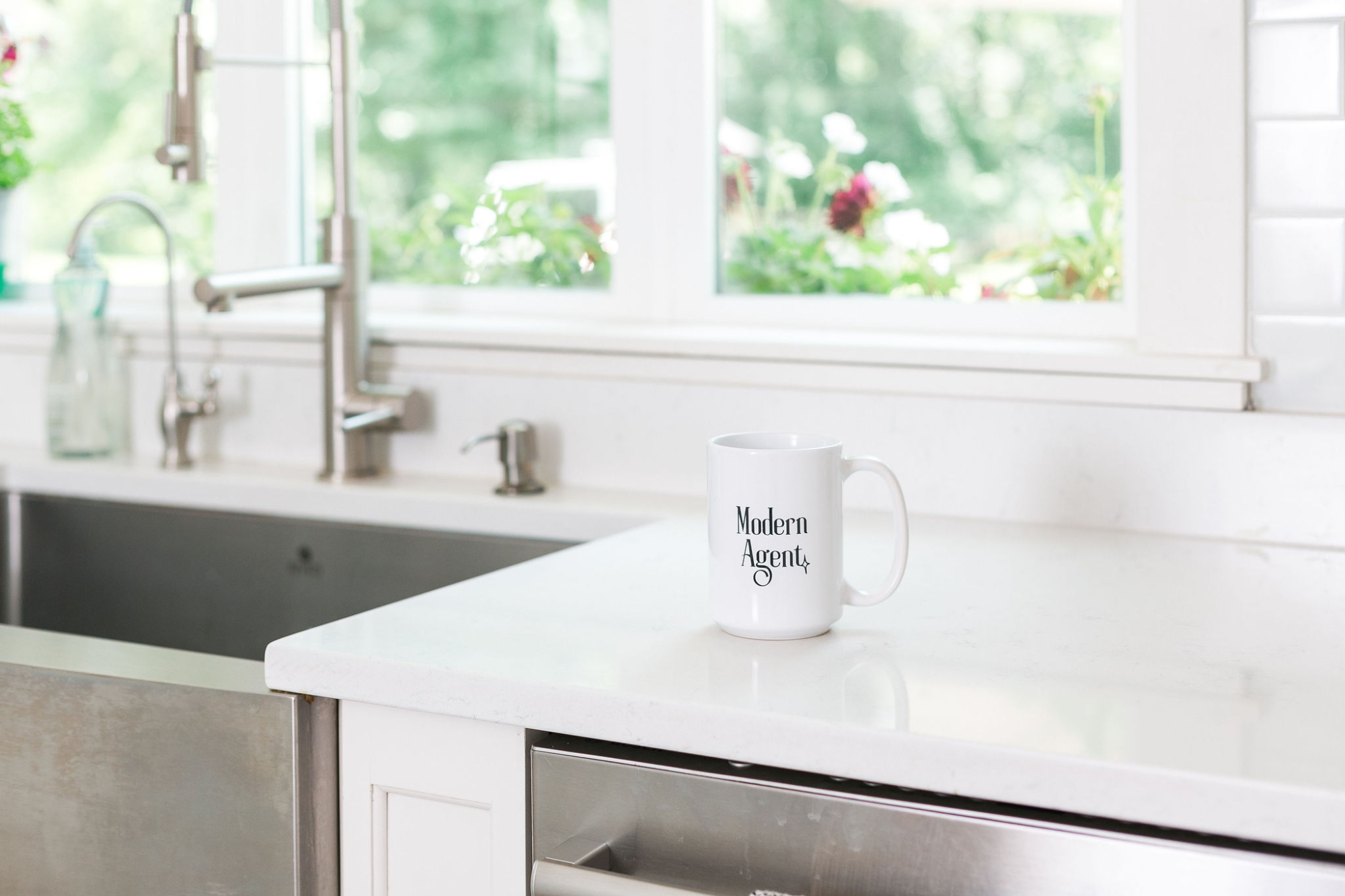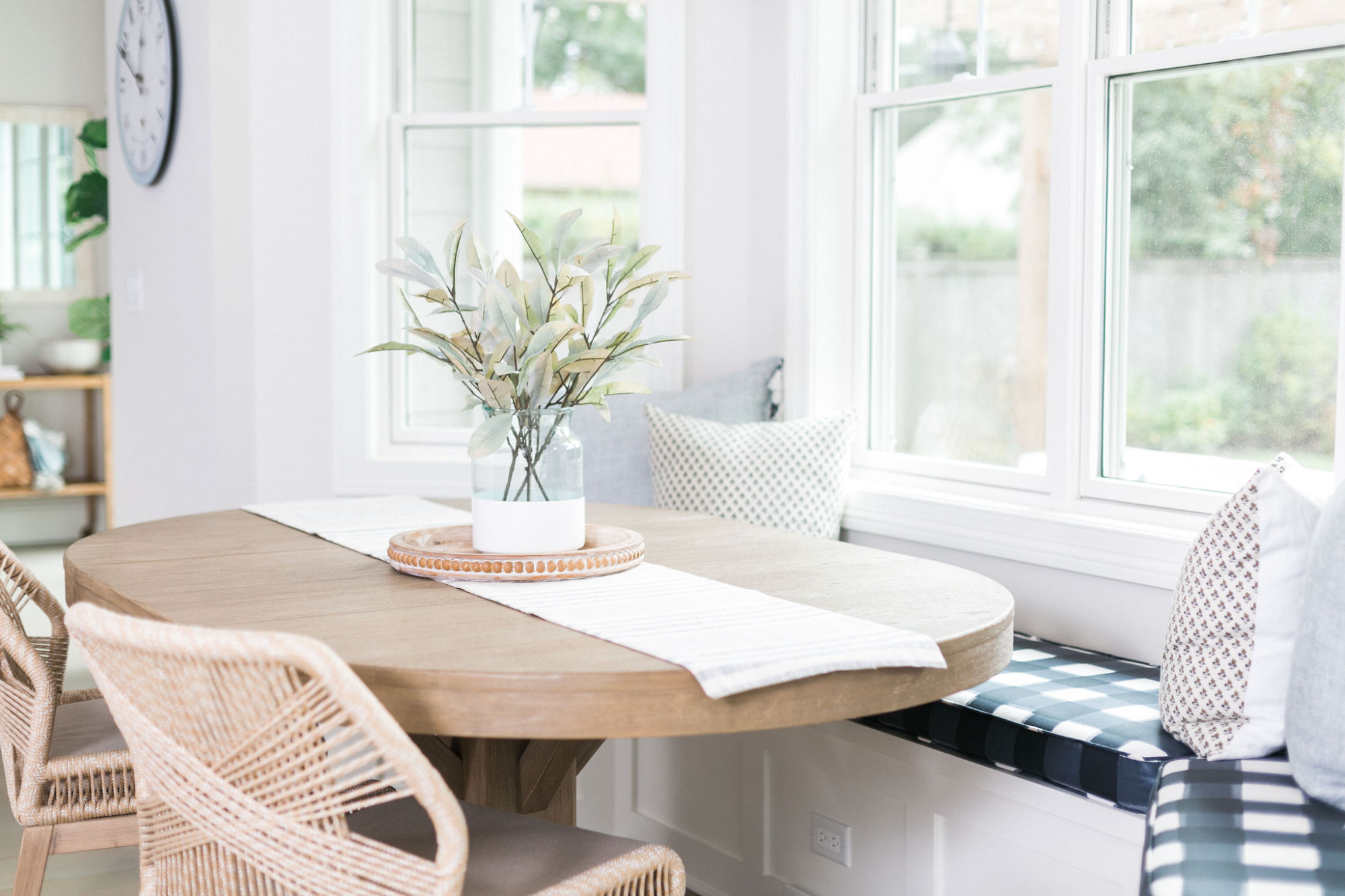Buying a home is one of the largest investments you'll make.
Finding reputable, skilled, LICENSED Home Inspectors is one of the most important tasks you'll take on during your home-buying process; after all - you're relying on their experience and expertise to give you a good snapshot of the condition of the property you're buying! Your REALTOR® is NOT a trained inspector of any kind and will not be able to provide any sort of assistance in that regard, so it's important that you feel comfortable with and rely upon the expertise of the professionals you hire for any inspections. If you do not understand your Home Inspection rights, please seek legal advice.

There are all sorts of inspections that are possible...
...and what follows is by no means an all-inclusive list, so please do your research! At a minimum, you'll want to have a General Home Inspection, a Wood-Destroying ("Termite") Inspection, and a Radon Test. Keep in mind, these are just three of many types of inspections you can pursue! I've had clients opt to have Fireplace/Chimney Inspections, Mold Tests, Stucco Examinations, Popcorn Ceiling Asbestos Testing, Lead-Based Paint Testing, Sewer Line Scopes, and more. HomeSmart and I always recommend that, at a minimum, you complete a General Home Inspection, Termite Inpsection, Radon Test, Tank Sweep, and any other inspections that you feel are important to your purchase - just say the word!

The Seller must make the property available to your qualified inspector(s).
This is for the purpose of inspecting the property (at your expense), to assure that the HVAC, plumbing and electrical systems are functioning as well as can be expected (without being defective) for systems of their age; the foundation and buildings are structurally sound; the roof, chimney and flashings do not leak; and/or there are no environmental conditions, as defined by the NJ DEP, negatively affecting the building(s) or land. This could include concerns like unacceptable levels of radon gas, formaldehyde gas, airborne asbestos fibers, toxic chemicals, mold or other pollutants in the surrounding soil, air or water, or the existence of any underground fuel storage tank(s). For additional info on environmental hazards, you should contact the DEP directly.

Further testing is possible.
After your General Home Inspection, the Inspector may advise further testing or more specialized inspection of certain components. If you wish to do any further testing or inspection, just be sure to make the request to do so prior to the expiration of your inspection period!

